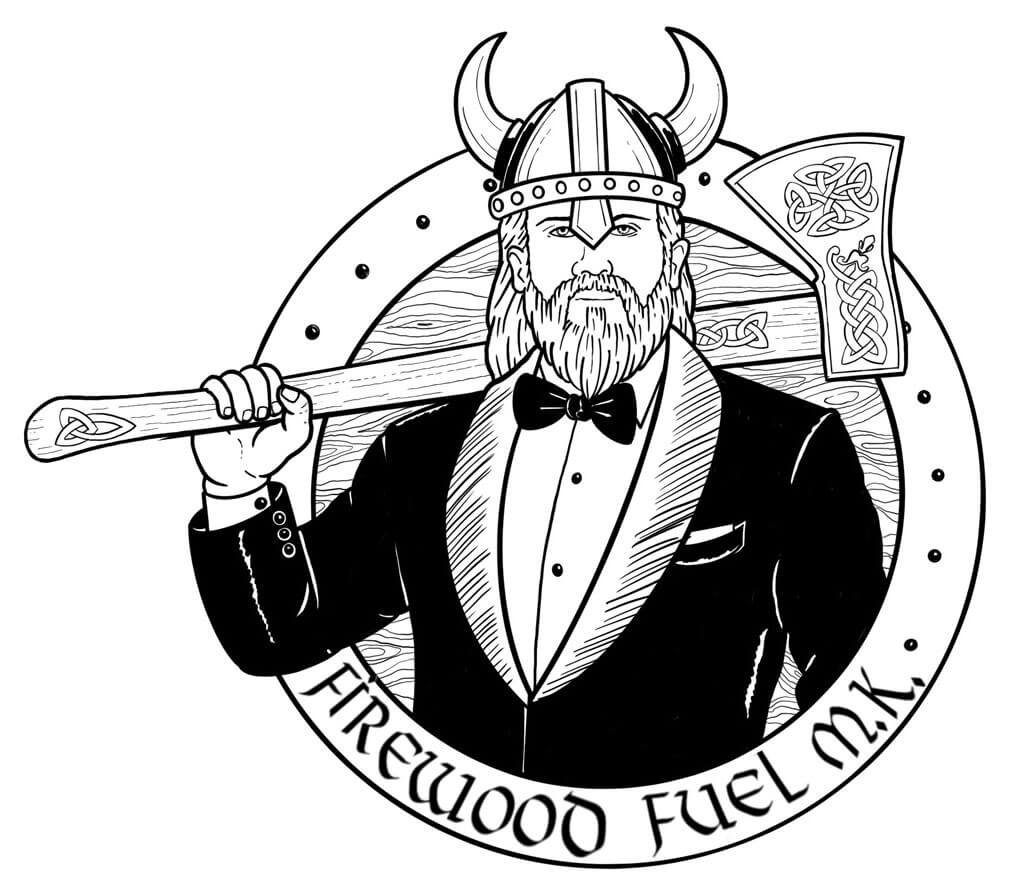/
0800 8620863Fueling Your Fires & Heating Your Homes - Since 2012



Published on 22 May 2023
Posted in

Softwood vs. Hardwood Logs: Which One is Right for You?
When it comes to choosing firewood for your cozy fireplace or efficient wood-burning stove, the decision often boils down to two main options: Softwood and Hardwood logs. Each type of wood offers distinct advantages and is suited for specific purposes.
In this blog post, we’ll explore the characteristics of softwood and hardwood logs, their unique benefits, and help you determine which one is best for your needs.
Softwood Logs:
Softwood comes from fast-growing evergreen trees such as Pine, Fir, Spruce, and Cedar. Here are some key aspects of softwood logs:
1. Quick Ignition and High Heat Output:
Softwood logs ignite easily due to their low density and high resin content. They offer a quick and efficient fire-starting experience, making them ideal for those who want a warm fire in a short period. Softwood produces a significant amount of heat in a short space of time, making it suitable for heating an area quickly on chilly evenings.
2. Cost-Effective:
Softwood logs are generally less expensive than hardwood. Their availability and fast growth contribute to their affordability, making them a popular choice for everyday heating needs.
3. Ideal for Outdoor Fires:
If you enjoy outdoor activities such as camping or bonfires, softwood logs are a great option. Their easy ignition and high heat output make them perfect for creating a warm and inviting atmosphere while on the go during your outdoor adventures.
Hardwood Logs:
Hardwood comes from slower-growing deciduous trees like Oak, Ash, Beech, and Birch. Consider the following aspects of hardwood logs:
1. Longer Burning Time and Steady Heat:
Hardwood logs are denser and offer a slower, longer burn compared to softwood. They release a consistent heat output over an extended period, making them ideal for overnight burning or situations where you want the fire to last longer.
2. Superior Coaling Properties:
Hardwood produces a solid bed of coals, which provide a sustained heat source. These coals radiate heat even after the flames have subsided, ensuring your space stays warm and cozy.
3. Ideal for Indoor Heating and Cooking:
Hardwood logs are highly recommended for indoor heating due to their slow burn and consistent heat output. They also produce less smoke than softwood, making them a better option for indoor fireplaces or stoves. Additionally, hardwood logs are often favored for cooking purposes, such as in wood-fired ovens or grills, as they generate a more intense and long-lasting heat.
Softwood vs. Hardwood: Which is Better?
Determining whether softwood or hardwood logs are better ultimately depends on your specific needs and preferences but, you can also use both. They can work well together as softwoods are great fire starters and hardwoods are good for maintaing a steady flow of heat. Here are some factors to consider for them both:
Purpose:
If you need quick and intense heat or are planning outdoor activities, softwood logs are a convenient choice. For longer-lasting fires, indoor heating, or cooking, hardwood logs are recommended.
Availability and Cost:
Softwood logs are generally more accessible and affordable, making them a budget-friendly option. Hardwood logs may be pricier but offer superior burning properties.
Environmental Considerations:
Both softwood and hardwood logs can be sustainable choices. Look for suppliers who source their firewood responsibly.
Softwood and hardwood logs each have their own unique characteristics and advantages. Softwood offers quick ignition, high heat output, and cost-effectiveness, making it suitable for outdoor fires and everyday heating. Hardwood, on the other hand, burns longer, provides steady heat, and is ideal for indoor heating and cooking.
Consider your specific requirements, availability, and environmental concerns when choosing between the two. Ultimately, the perfect choice will help you create a warm and inviting ambiance while fulfilling your heating needs effectively.
© 2025 Firewood Fuel - All rights reserved
Web Design and Marketing by Loop Digital